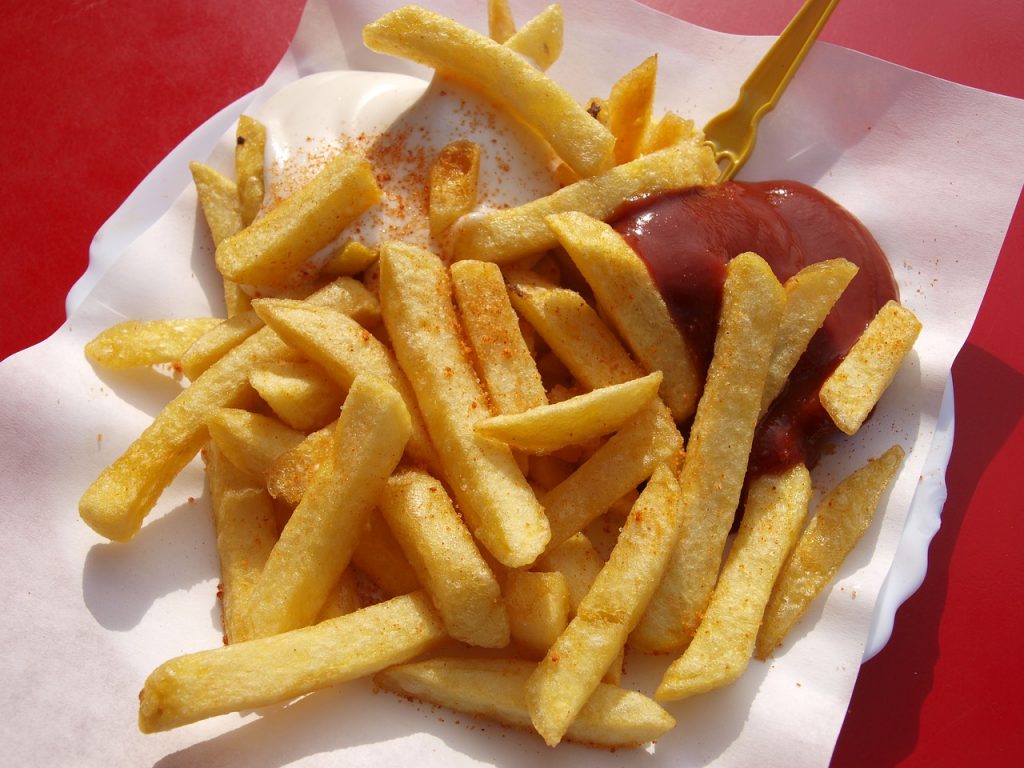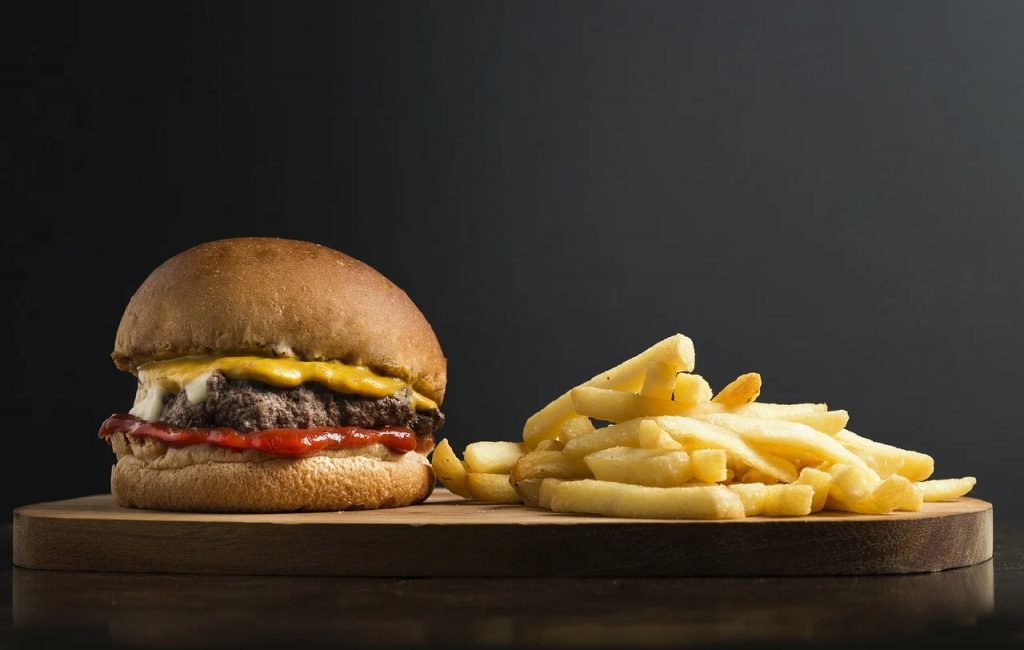White Castle Using Robots To Make French Fries
Robots are replacing employees at White Castle.
This article is more than 2 years old

Technology, year over year, keeps advancing at an increasingly faster pace. In just this decade alone there has been a growing interest and utilization of things like electric cars, smart home devices, and practical household conveniences like self-cleaning robot vacuums. Technology has essentially been seamlessly integrated into how both individuals and society operate daily. It is undeniable that the integration and adoption of technology are becoming more and more prominent across all industries. It is now even commonplace to see robots taking over the work of what was once a human’s job. CNN says that the popular fast-food chain White Castle wants to follow suit with that evolving trend. Now, the fast-food chain is planning to integrate french-fry-making robots into their restaurants because it believes that robots can make better fries than humans.
White Castle partnered with Miso Robotics to develop a fry-making robot that they call Flippy. The reason that they decided to make Flippy came down to the nature of the fast-food business itself. Fast food restaurants are often busy and hectic and employees are often pulled in many different directions at once, workers at these restaurants are truly the pillars of what it means to multi-task. However, that environment does not lend itself well to something like the precise art of fry-making. Thus, White Castle’s logic, was by replacing a human employee with Flippy that they could eliminate that mitigating factor altogether and be able to deliver a better product to customers as a result.

White Castle began testing Flippy out at one of their locations in Chicago and have since upgraded to a second version of the robot called Flippy 2, whose capabilities surpass that of its predecessor. Because of the success that White Castle is seeing at its one Chicago location, they have now announced that they intend to integrate Flippy 2 into as many as 10 of its 360 total restaurants.
White Castle is not the only fast food joint to attempt to integrate technology into its workflow in an effort to sharply increase service efficiency. McDonald’s has also announced its plans to incorporate Artificial Intelligence (AI) technology at its drive-thrus. Their hope is that the AI will be able to reduce the number of order errors incurred. CNBC reported that McDonald’s has partnered with IBM, a pioneer in AI-based customer service, to accomplish its plans. They, too, are testing a beta version at one of their busy Chicago locations.
Both White Castle’s and McDonald’s plans to incorporate technology into their restaurants in order to improve upon the service and products they provide is indicative of something that could become far more commonplace as technology continues to improve. If they see measurable success other businesses will inevitably notice which could, in turn, entice them to integrate similar solutions into their businesses. White Castle’s and McDonald’s advantageous endeavors might also serve to future proof the success of their restaurants, especially considering the widespread labor shortages that the pandemic has fueled; thus should similar shortages occur in the future they could be much more equipped to succeed with a smaller staff given that portions of the work could be delegated to their technological integrations.



